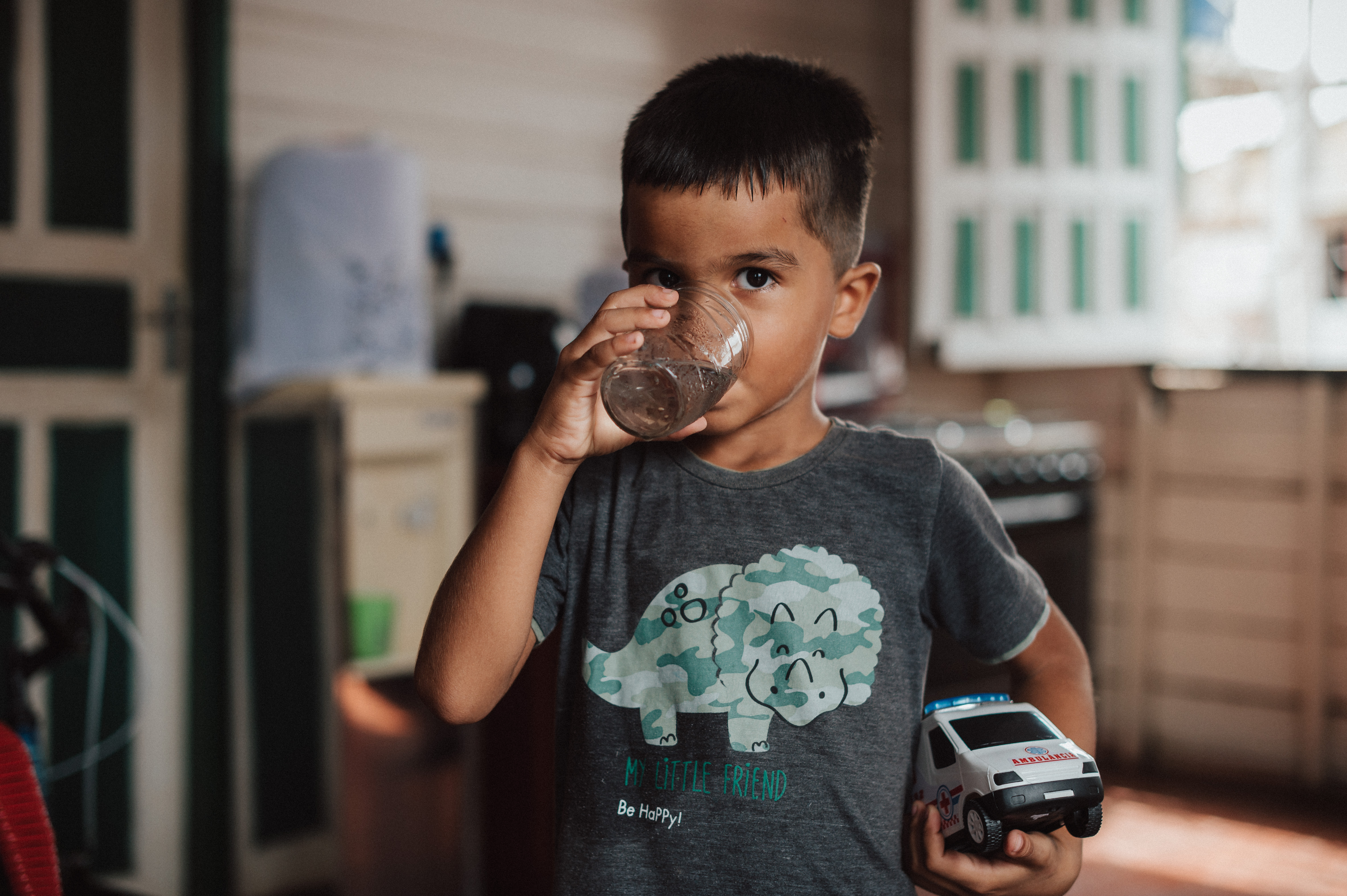
Description
Pilot experience.
Twetland combines two technologies: the evapotranspiration tank (TEVap), which enhances the treatment of sewage effluents and water reuse, and Wetland, a filtration system with plants. This system uses a specific substrate and macrophyte plants to absorb nutrients and treat effluents.
Twetland, in addition to joining TEVap and Wetland, the researchers created a drainage system and adapted the sizing of the tank for sewage effluent treatment. The biggest difference from the developed model is that Twetland generates water for reuse after effluent treatment.
An evapotranspiration tank is a type of ecological cesspool. The tank excavated in the ground is waterproofed and filled with layers of different substrates, such as sand and gravel, and covered with fast-growing vegetables, banana or papaya trees. TEVap adequately treats domestic sewage with degradation of organic matter by microorganisms, reducing or removing contamination of the environment by living organisms; in addition to physical filtration, absorption of nutrients by plants and evapotranspiration of water.
The use of an ecopit is suitable for both urban and rural areas, but should be limited to domestic sewage treatment
Criteria 8/11
- ACCESSIBILITY
- ALIGNMENT WITH SDG 1,3,4,6 AND/OR 11
- RACE AND GENDER ISSUES
- ATTENTION TO CHILDREN AND ADOLESCENTS
- LOW COST
- SOCIAL DIFFUSION
- ADMINISTRATIVE EFFICIENCY
- ADHERENCE AND CONTINUITY AT LOCAL LEVEL
- WASH INITIATIVE
- CLIMATE RESILIENCE
- SUSTAINABILITY
Funasa
Center for Exact and Natural Sciences (CCEN, acronym in Portuguese) - UFPB
Rural communities
Pilot project reached 610 houses in the municipality of Bananeiras -PB.
Started in 2022
Four pieces of equipment will be built – in the municipalities of Alhandra, Boqueirão, Congo and Solânea –, located in four different regions of the State of Paraíba, to verify the efficiency of the system and the quality of the effluent, in different types of soil, in order to identify the types of reuse possible for the treated water.
It would be similar to the Brazilian Health Foundation (Funasa), with patent registration sent, which provides for four pieces of equipment in the municipalities of: Alhandra, Boqueirão, Congo and Solânea, located in four different regions of the State, to verify the efficiency of the system and the quality of the effluents, in different types of soil, in order to identify the possible types of reuse for the treated water.
The implementation project of the 4 pilots is being funded under the TED between Funasa and UFPB that have the objective of "preparing and implementing the Water Safety Plans (PSA, acronym in Portuguese) of the Water Supply Systems (SAAs, acronym in Portuguese) located in 08 (eight) municipalities of the State of Paraíba, aiming at methodological adequacy and promotion of structuring actions related to sanitation and/or environmental health."
Link to access information about the study:
